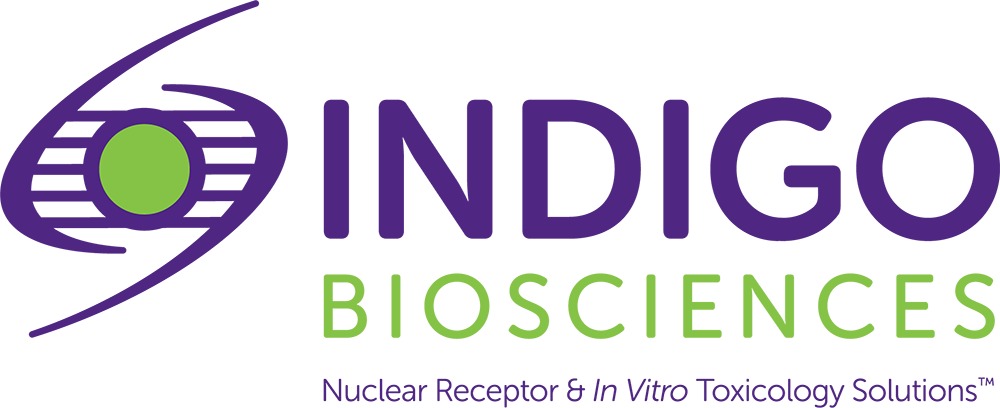Drug-drug interactions (DDI) resulting in adverse outcomes cause approximately 3% of all hospitalizations annually in the United States. This costs the health care system over a billion dollars. Fortunately, many aspects of DDI are predictable based on the increasing understanding of the mechanisms of altered absorption, distribution, metabolism and excretion (ADME).
Read more...
The pregnane X receptor (PXR; NR1I2) is a key player in DDI and several other nuclear receptors have been found to be xenobiotic/drug sensing receptors. These receptors help explain how one drug affects the pharmacokinetics of another by inducing drug metabolism and transport. These xenobiotic/drug sensing receptors belong to the family of ligand-activated transcription factors known as nuclear receptors.
The important xenobiotic sensing and drug metabolism inducing systems can vary greatly between animal species, causing difficulties in animal trials. Since pharmacokinetic interactions are often examined in laboratory animal models, it is important to understand these species differences when trying to choose the correct animal model.
Read Less...
Register for this webinar to learn about various drug screening assays that are available for identifying potential DDI in vitro. Drug screening assays improve drug safety and allow for the prioritization of drug candidates. PXR and several other important xenobiotic sensing and drug metabolism inducing systems will be described. These include Aryl hydrocarbon receptor (AhR), constitutive androstane receptor (CAR), Farnesoid X Receptor (FXR) and Nuclear factor-erythroid factor 2-related factor 2 (Nrf2).
The featured speaker will also discuss how in vitro assays can be used for species extrapolation of pharmacokinetic interactions for common laboratory animal models. These in vitro assays save time and money lost from pursuing candidates that may fail in animal or clinical trials.
Speaker

Jack Vanden Heuvel, Professor of Molecular Toxicology, Pharmacology & Toxicology Undergraduate Program Coordinator - Penn State University; CSO, INDIGO Biosciences
Dr. Vanden Heuvel is a recognized expert in the field of nuclear receptor biology and toxicology with over 100 peer-reviewed publications. In addition to his role as CSO at INDIGO, Dr. Vanden Heuvel is a Professor at Penn State University where he is Program Coordinator of the undergraduate Toxicology Program, Co-Director of the Center of Excellence in Nutrigenomics, and leads an extramurally funded research program.
Who Should Attend?
Researchers, staff scientists, directors and VPs of R&D, and lab managers focused on:
- Drug discovery
- Drug safety
- In vitro toxicology
- Cell biology
- Drug-drug and drug-nutrient interactions
What You Will Learn
- Learn about regulation of drug metabolism enzymes and their role in clinically relevant drug-drug and drug-nutrient interactions
- Discuss tools that are available to address specific mechanisms governing pharmacokinetics of drugs with an emphasis on cell-based nuclear receptor assays
- Learn how these cell-based screening assays can be used to address species differences in the drug response
Xtalks Partner
INDIGO Biosciences, Inc
INDIGO Biosciences, Inc. is a leading provider of nuclear receptor and in vitro toxicology solutions that accelerate scientific decision-making. We supplement the world’s largest portfolio of nuclear receptor kits and services and in vitro toxicology solutions with greater results readability, reproducibility, and faster turnaround times. Our solutions, plus supportive team and reliable science and platforms, aim to reduce the time, cost, and risk associated with the discovery process.
You Must Login To Register for this Free Webinar
Already have an account? LOGIN HERE. If you don’t have an account you need to create a free account.
Create Account
